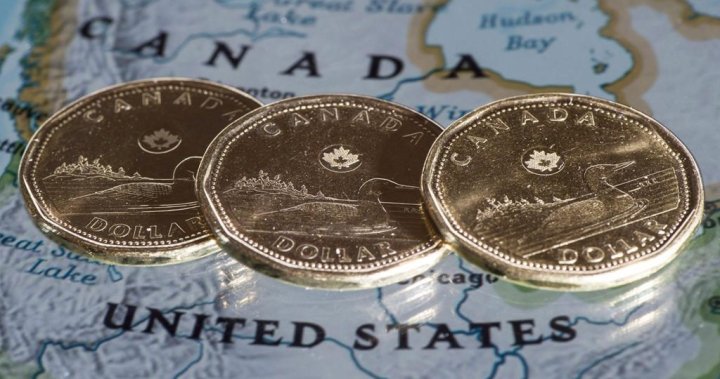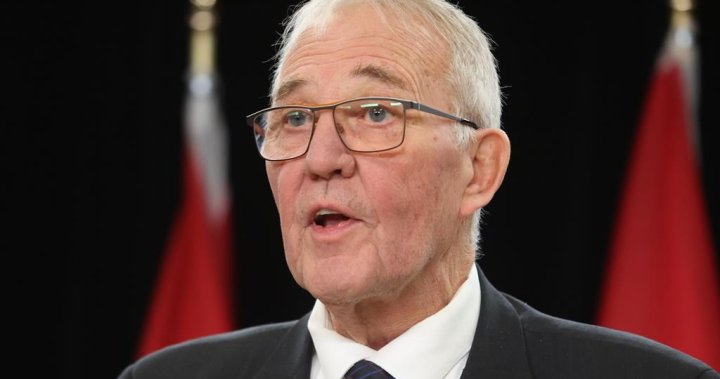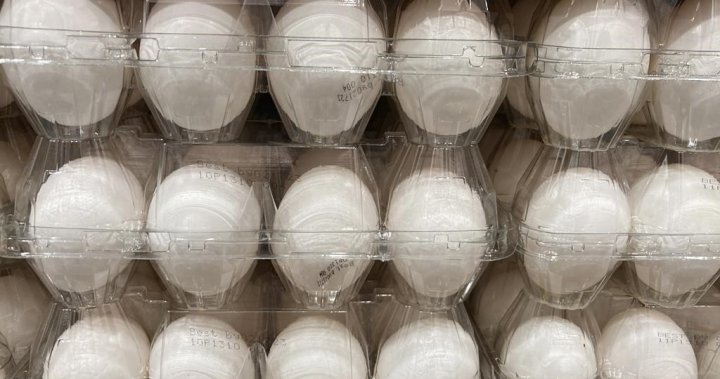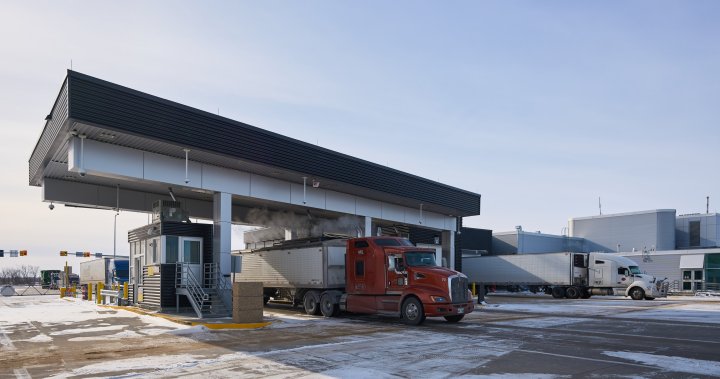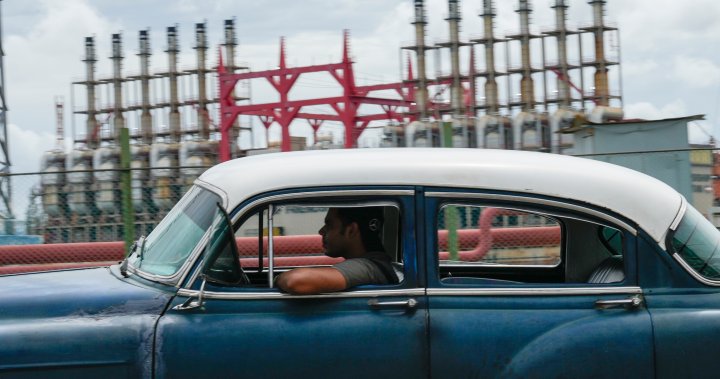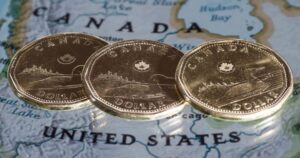Cuba’s national power grid stopped working on Friday after one of the island’s main power plants malfunctioned, knocking out power to the entire country, the Cuban Energy Ministry said.
The communist-run government earlier in the day closed schools and non-essential industries and sent most state employees home in a last-ditch effort to keep the lights on for residents.
But shortly before midday, the Antonio Guiteras Power Plant, the largest and most efficient in the country, stopped operating, triggering a complete grid failure and leaving nearly 10 million people without power.
“There will be no rest until (power) returns,” Cuban President Miguel Díaz-Canel told Channel X.
The crisis has already prompted officials to cancel all non-vital government services. Schools at all levels, including universities, were closed until Sunday. Orders were also issued to close entertainment and cultural activities, including nightclubs.
Story continues below ad
The government said only essential employees in the state-run food and healthcare industries should return to work on Friday.
Network officials said they did not know how long it would take to restore service.
The crisis represents a new low on the island as life has become increasingly unbearable, with residents already suffering from shortages of food, fuel, water and medicine.

The United States offers a lottery system for paroles for refugees from Haiti, Venezuela, and Cuba
Almost all trade in Havana was closed at midday on Friday. The hum of privately owned generators could be heard in some homes and restaurants, and many residents sat sweating on doorsteps with windows open as the sun broke through the clouds.

Get breaking national news
For news affecting Canada and around the world, sign up to get breaking news alerts delivered to you right as they happen.
Prime Minister Manuel Marrero on Thursday blamed rolling power outages over the past few weeks on a perfect storm most Cubans are familiar with — deteriorating infrastructure, fuel shortages and soaring demand.
Story continues below ad
“Fuel shortage is the biggest factor,” Marrero said in a televised message that was marred by technical difficulties and delayed by several hours.
“The situation has worsened in recent days,” the Prime Minister said. “We must be fully transparent… We have stopped economic activities to ensure energy is available to the population.”
The strong winds and huge waves that began with Hurricane Milton last week have hampered the island’s ability to deliver scarce fuel from offshore boats to its power plants, officials said.
The Cuban government has also long blamed a Cold War-era U.S. embargo, as well as a new round of sanctions under former President Donald Trump, for difficulties obtaining fuel and spare parts to operate its oil-fired plants.
The island’s two largest power plants, Felton and Antonio Guiteras, are offline, suffering from a lack of production and requiring immediate maintenance, the government said, as part of a four-year plan to revitalize Cuba’s crumbling infrastructure.
Marrero said that Cuba’s fast-growing private companies, which have contributed to increased demand on the island, will be charged higher prices for the energy they consume to make up for the shortfall.
Trending now
-

“I love Costco!”: British Columbia woman surprises husband with oversized birthday party
-

Liam Payne: Fans reflect on his final days as the cause of death is revealed
While demand for electricity is growing, fuel supplies have almost dried up on an island that produces relatively little.
Story continues below ad
Venezuela, Cuba’s largest oil supplier, reduced shipments to the island to an average of 32,600 bpd in the first nine months of the year, about half of the 60,000 bpd sent in the same period in 2023, according to ship monitoring data. and internal shipping documents from the Venezuelan state company PDVSA.

‘Cruelst policy ever’: Venezuelans gather across Latin America to protest election results
PDVSA, whose refining infrastructure is also suffering, has tried this year to avoid a new wave of fuel scarcity at home, leaving smaller quantities available for export to allied countries such as Cuba.
Russia and Mexico, which have sent fuel to Cuba in the past, have also significantly reduced shipments to the island.
This deficit has left Cuba to fend for itself in the much more expensive spot market, at a time when its government is close to bankruptcy.
Electricity officials said, however, they expect power generation to improve in the coming days as weather allows fuel from previous deliveries to be distributed around the Caribbean’s largest island.
Story continues below ad
-With additional files from The Associated Press

